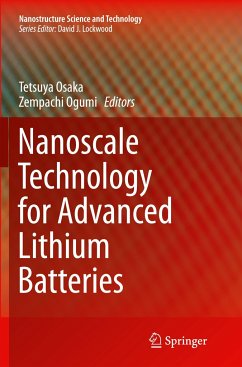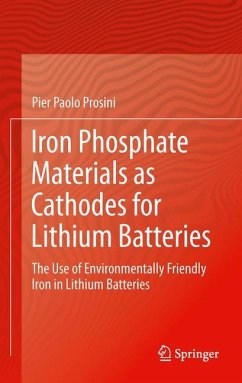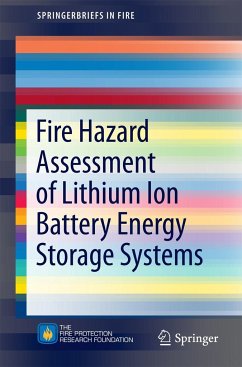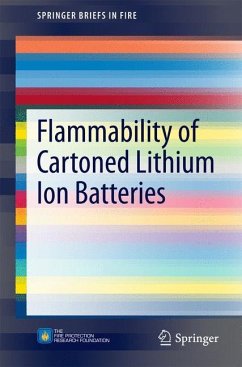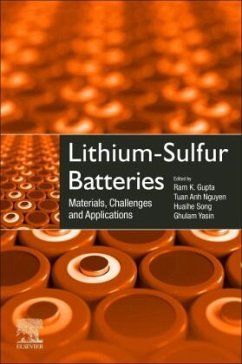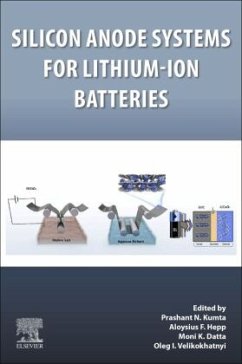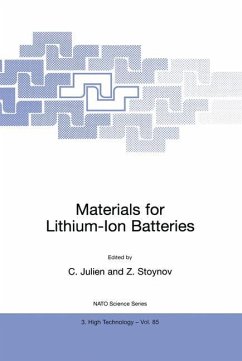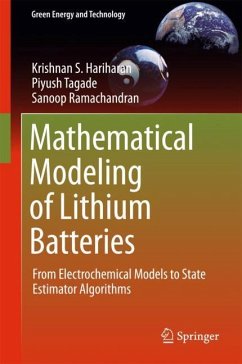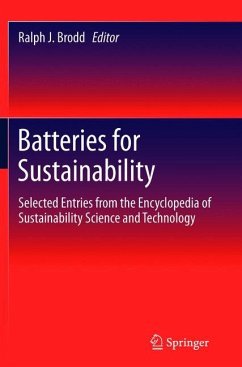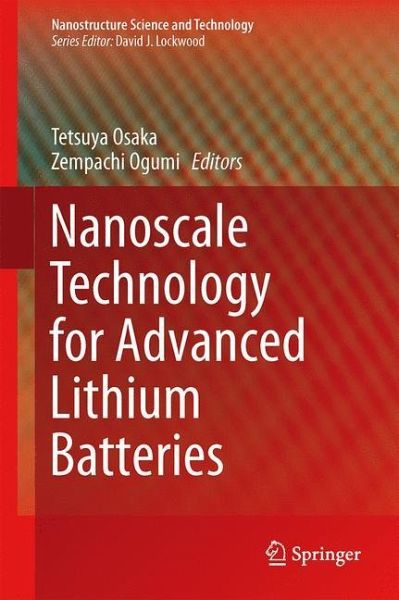
Nanoscale Technology for Advanced Lithium Batteries

PAYBACK Punkte
57 °P sammeln!
The unfortunate and serious accident at the nuclear power plants in Fukushima, Japan caused by the earthquake and tsunami in March 2011 left Japan with a serious blow. Japan was deprived of electric power. This problem further accelerated the introduction of renewable energies. This book surveys the new materials and technologies needed to welcome the next generation of energy conversion and storage devices, such as lithium secondary batteries on the basis of nanotechnology. Most of the contributors for this book are from institutions researching lithium batteries. This book provides an overview of nanotechnology for lithium batteries from basic to applied research in selected high technology areas. The book especially focuses on near-term and future advances in these fields.
The unfortunate and serious accident at the nuclear power plants in Fukushima, Japan caused by the earthquake and tsunami in March 2011 dealt Japan a serious blow. Japan was nearly deprived of electric power when in response to the accident all nuclear reactors in Japan were shut down. This shortage further accelerated the introduction of renewable energies. This book surveys the new materials and approaches needed to use nanotechnology to introduce the next generation of advanced lithium batteries, currently the most promising energy storage devices available. It provides an overview of nanotechnology for lithium batteries from basic to applied research in selected high technology areas. The book especially focuses on near-term and future advances in these fields. All contributors to this book are expert researchers on lithium batteries.





